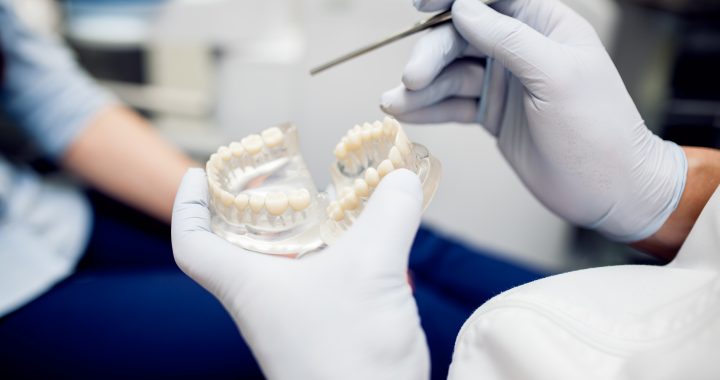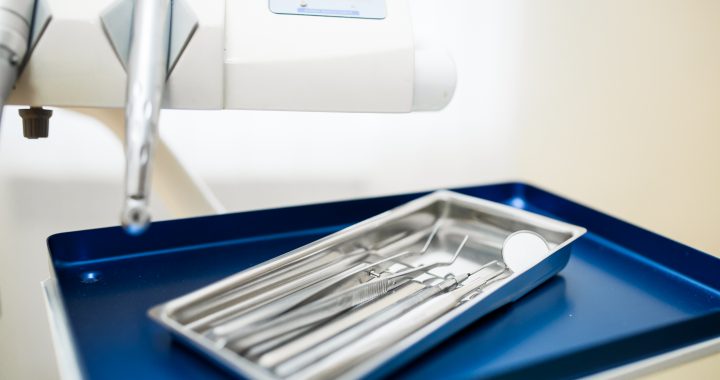
General Dentistry
A truly Luminous smile starts with healthy teeth and gums. Avail of these general dentistry procedures today.
According to the American Dental Association, general dentistry involves the diagnosis, treatment and management of a person’s overall oral health needs. General dentistry often includes procedures like teeth cleaning, dental crowns, filling and veneers, root canals as well as gum care and preventative education, among others.
Dentists who are in the field of general dentistry are often trained in (almost) all types of dental procedures – from the simplest ones such as routine oral exams and teeth cleanings to the more complex procedures like oral surgery and dental implants. General dentists also provide home care instructions to patients as well as nutrition counseling when needed.
General dentists are the main providers of dental care to people of all ages.
At a routine visit to your family dentist, you will probably have a thorough examination of your mouth (including teeth, gums, and other structures), a professional cleaning, and a discussion about your dental (and overall) health. If your exam reveals the presence of tooth decay, you will probably also have a filling in the affected tooth. Yet these procedures, while common, are hardly the only services your general dentist provides.
Those who practice general dentistry make up majority of dental health professionals in the US.
Compared to other dentists who choose pursue their own field of specialization, general dentists can immediately start their practice after graduation [either as Doctor of Dental Surgery (DDS) or Doctor of Dental Medicine (DMD)] and simultaneously taking a licensure exam required be their state in which they choose to practice.
Complete exams, x-rays, and dental cleanings.
Fillings, root canals, and extractions.
Cosmetic dentistry, such as whitening, porcelain and composite veneers. Implants – placement and restoration.
General dentists prevent, evaluate, diagnose, and treat diseases of the oral cavity, as well as maintain the function and appearance of the teeth.
Many oral diseases and abnormalities can indicate other diseases.
A general dentist may refer patients to their physician or a specialist for further evaluation, or vice versa for treatment.
Qualifications of General Dentists
Dentistry is a “hands-on” practice. The profession requires four years of highly accredited education after completing a bachelor’s degree. This intensive education allows general dentists to gain dexterity, skills in performing tasks with their hands, as well as in-depth scientific knowledge about the field.
General dentists also specialize in procedures based on their individual skills and current needs of patients.
General Preventive Dentistry
Dentures and Partials
Root Canal Treatment
Periodontal Treatment




We provide various treatments and procedures to help ensure that your smile stays gorgeous and healthy.
Get a full set of teeth and an amazing smile almost instantly with either a full set of dentures and flexible partials.
Experience a virtually pain-free root canal treatment with our licensed professionals here at Luminous Smile Dental
.
We use Sapphire Portable Diode Laser to help reduce bacteria, treat inflamed gums and get rid of various gum diseases.
Tooth-Colored Fillings
Dental Sealants
Gum Disease
Other Services




Unlike the usual dental fillings made of metal, composite fillings are made of material that matches the natural color of your teeth.
Dental sealants ensures that the grooves in your teeth do not become a breeding place for bacteria that causes tooth decay.
Protect your gums from harmful bacteria and avoid various gum diseases including gingivitis and periodontitis.
We provide a whole range of services including teeth cleaning, deep cleaning, extractions, dental X-rays and more.
READ MORE REVIEWS


OUR MISSION
Our mission is to bring out a family-friendly atmosphere where you are rest assured that everything is done accordingly. We dedicate ourselves in providing individual, personalized attention as we recognize each patient’s concern, preference and dental need is unique.